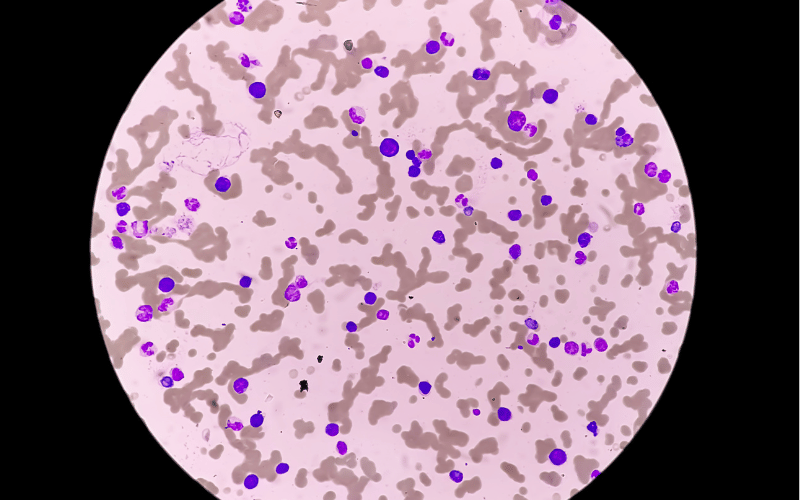Introduction: A Deep Dive into Waldenstrom Macroglobulinemia

In a world bustling with health challenges, where every symptom could be a harbinger of something significant, it’s easy to overlook something as specialized and rare as WM. However, for those affected by it, understanding this blood cancer becomes essential.
Waldenstrom macroglobulinemia is not just another medical term to gloss over. It represents a serious condition wherein there’s an overproduction of a specific type of antibody, the IgM antibody, within one’s system. This overproduction occurs due to the abnormal proliferation of specific cells within the bone marrow.
So, why does this matter? Because the surge in IgM antibodies thickens the blood, leading to a host of complications. From anemia, which leaves one exhausted and breathless, to nervous system issues and swollen lymph nodes, the implications of WM can be multifaceted and far-reaching.
What’s fascinating yet alarming about WM is that it’s not just the symptoms that are concerning. The underlying causes and risk factors, many of which remain enigmatic to even the best of medical experts, can be as elusive as the disease itself. This rarity and the challenge of understanding make WM an intriguing subject of study, but also a condition that warrants increased awareness and attention.
As with many medical conditions, knowledge becomes a tool—a beacon guiding one through the murky waters of diagnosis, treatment, and, most importantly, prevention. Recognizing the symptoms, thus, becomes our first line of defense against this formidable foe.
Symptom 1: Fatigue and Weakness

Fatigue is often mistakenly categorized as mere tiredness. When associated with WM, however, it’s a different ballgame altogether. This fatigue stems directly from anemia—a direct result of the malfunctioning bone marrow, unable to produce enough red blood cells. Imagine your energy tank running perpetually low, with every chore feeling like you’re climbing a mountain.
But it’s more than just feeling drained. This fatigue influences cognitive abilities. Those affected often report difficulty focusing, forgetfulness, and a decreased ability to make decisions. Over time, this can lead to frustration, affecting not just professional life but personal relationships too.
The physical implications are equally distressing. Simple activities, like climbing stairs or walking short distances, can become daunting. This can lead to a sedentary lifestyle, which carries its own set of health risks, including obesity and cardiovascular diseases.
Additionally, individuals often find themselves needing longer sleep durations, only to wake up feeling just as exhausted. This constant tiredness can result in mood swings, irritability, and even bouts of depression.
As you can see, what starts as fatigue can cascade into a series of interconnected health challenges. Addressing it promptly, through treatments focused on WM and its underlying causes, is paramount to restoring quality of life. (1)